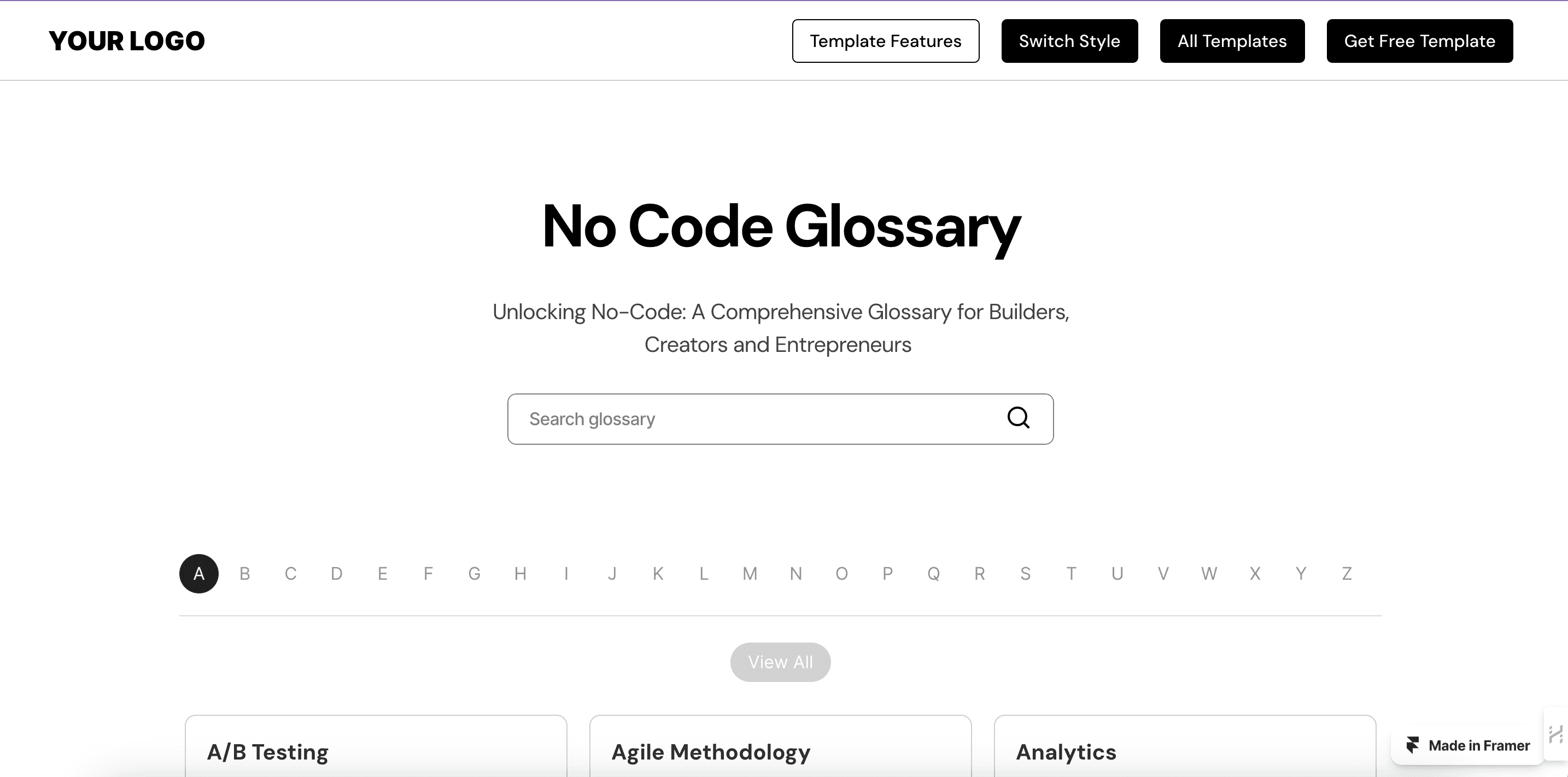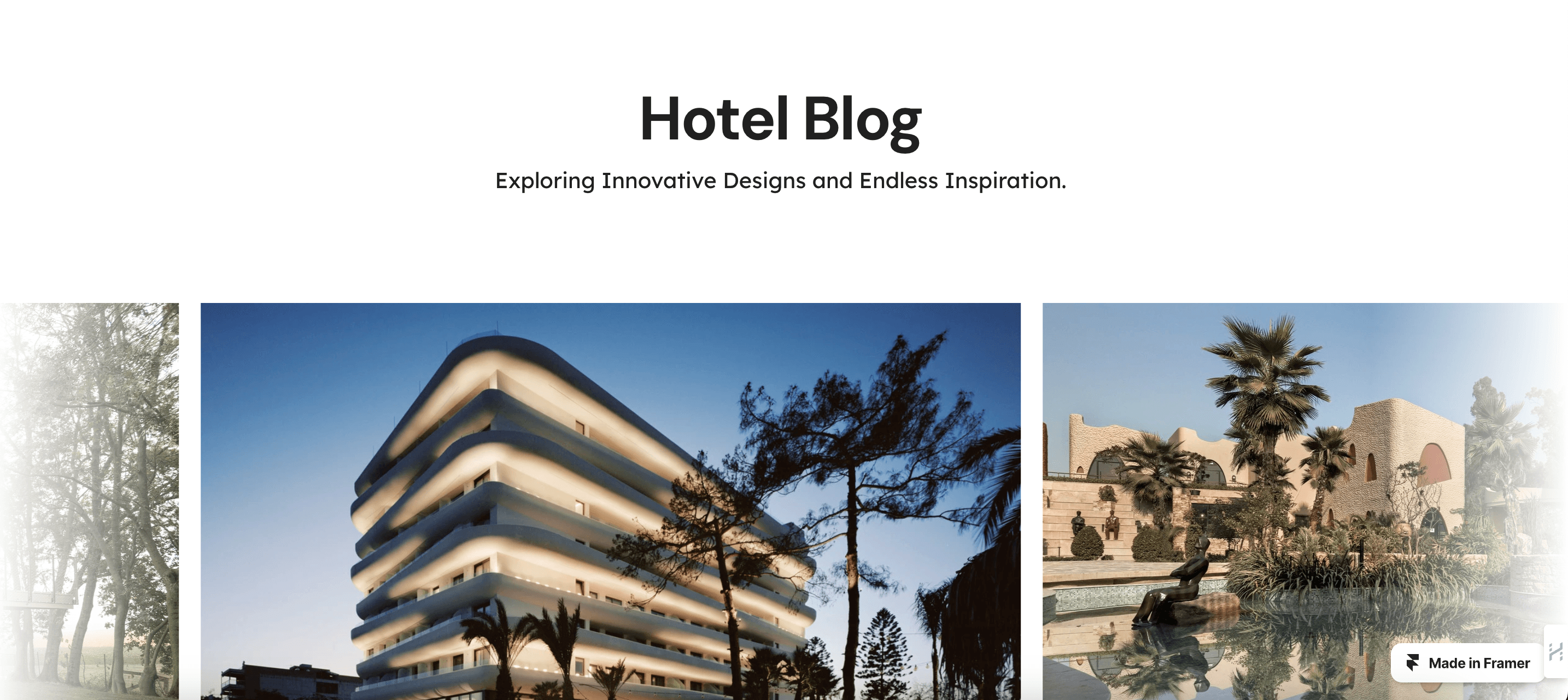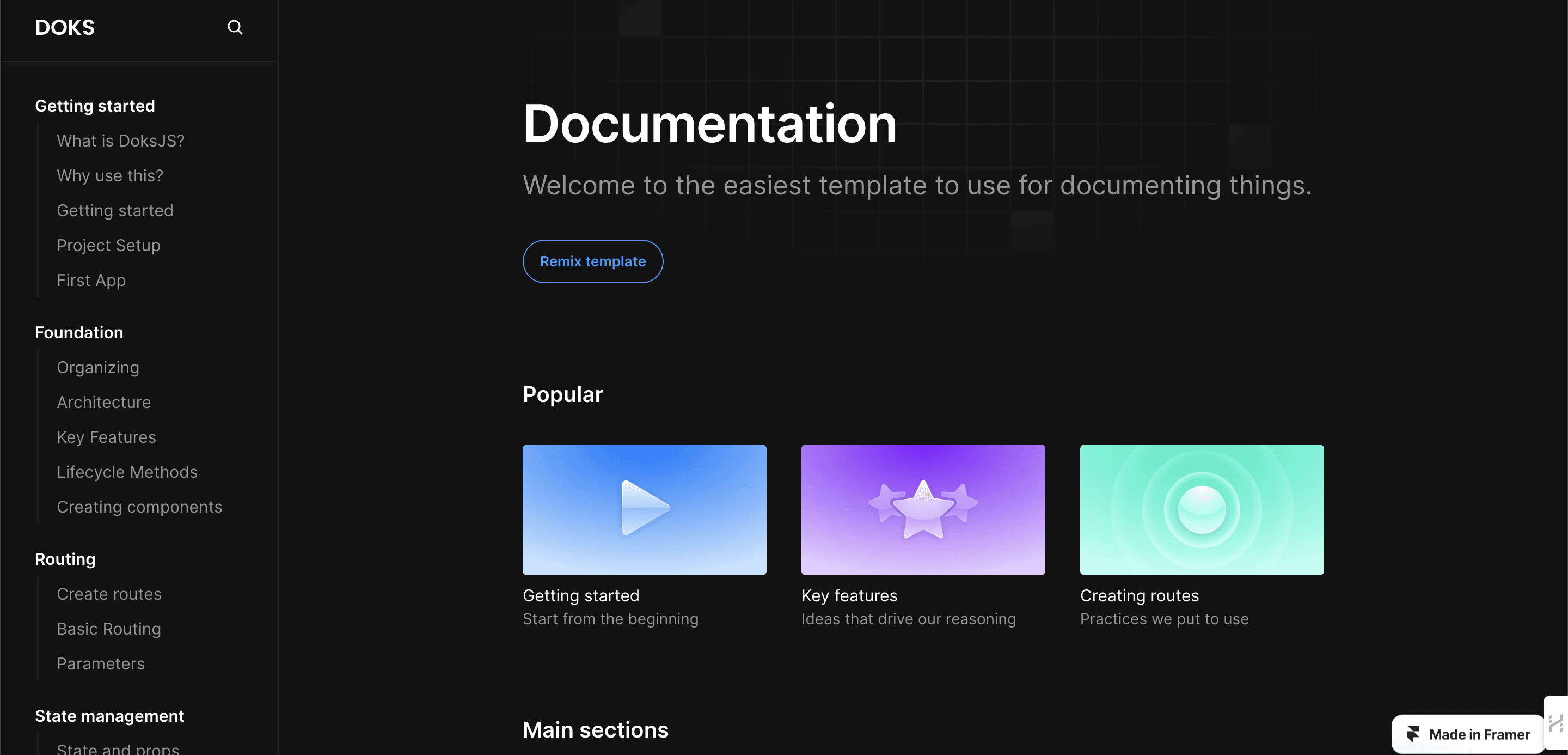How Can a SEO Glossary Improve the Visibility of Your Content?
Harish Malhi
Founder of EverythingFramer
Ranking high in search engine results pages (SERPs) is crucial for attracting organic traffic and achieving your digital marketing goals. While content creation is a cornerstone of SEO strategy, simply publishing informative articles isn't enough. You need to optimize your website for search engines to understand and showcase your content to the right audience.
This is where a well-structured SEO glossary comes into play. Often overlooked, a glossary can be a powerful tool for boosting your content's visibility and establishing your brand as a thought leader in your industry.
What is an SEO Glossary and Why Do You Need One?
An SEO glossary is a dedicated section on your website that defines key industry terms and concepts relevant to your niche. It serves multiple purposes:
Enhancing User Experience: Technical jargon can alienate some of your audience. A glossary provides easy-to-understand explanations, improving user experience and keeping visitors engaged.
Targeting Long-Tail Keywords: Glossaries naturally incorporate long-tail keywords - specific search terms with lower competition. By defining these terms, you increase your website's chances of ranking for relevant searches.
Building Topical Authority: A comprehensive glossary demonstrates your expertise in your field. This signals to search engines that your website is a valuable resource, potentially improving your overall website authority.
Internal Linking Opportunities: Glossaries offer natural opportunities for internal linking. You can link to relevant blog posts, product pages, or other informative sections on your website, improving website structure and navigation for both users and search engines.
The SEO Powerhouse: Framer Website with SEO Glossary Template
Building a well-structured glossary can seem daunting. Framer, a popular web design and prototyping tool, offers a solution with its SEO Glossary Template. This pre-built template empowers you to create a user-friendly and SEO-optimized glossary on your Framer website.
Key Features of the SEO Glossary Template:
Drag-and-Drop Functionality: The intuitive interface allows you to easily add and rearrange glossary terms with a simple drag-and-drop function.
Structured Content Management: The template streamlines the process of adding definitions, synonyms, and related terms, ensuring a well-organized and informative glossary.
SEO Optimization Features: The template incorporates features like keyword targeting and meta description optimization to enhance your glossary's discoverability in search results.
Responsive Design: The Framer template automatically adapts to different screen sizes, ensuring your glossary provides a seamless user experience across desktops, tablets, and mobile devices.
Unlocking the SEO Potential of Your Glossary
Here are some additional tips to leverage your SEO Glossary Template on your Framer website:
Target Relevant Keywords: Conduct keyword research to identify industry terms and long-tail keywords your target audience might search for.
Prioritize User Clarity: Focus on writing clear, concise, and easy-to-understand definitions. Avoid overly technical language and explain complex concepts in a way your audience can grasp.
Enrich with Visuals: Incorporating relevant images, diagrams, or infographics can enhance understanding and user engagement.
Promote Your Glossary: Announce your new glossary in blog posts, social media updates, or email newsletters. Consider guest blogging opportunities where you can link back to your glossary for relevant terms.
Maintain and Update: As your industry evolves and new terminology emerges, keep your glossary updated with fresh definitions and relevant search terms.
Beyond SEO: The Benefits of a Robust Glossary
The advantages of an SEO glossary extend beyond just search engine optimization. Here are some additional benefits:
Improved Brand Credibility: A comprehensive glossary positions your brand as a trusted authority in your field. This fosters trust and loyalty with your audience.
Enhanced Customer Support: A readily accessible glossary can empower your customers to find answers to their questions independently, reducing the burden on your customer support team.
Streamlined Internal Communication: A well-defined glossary ensures your team utilizes consistent terminology, promoting clear communication and collaboration.
Conclusion:
In conclusion, an SEO glossary on your Framer website, built using the SEO Glossary Template, can be a powerful tool for boosting your content's visibility, attracting organic traffic, and establishing your brand as a thought leader. By prioritizing user experience, targeting relevant keywords, and maintaining an up-to-date glossary, you can unlock the full potential of this valuable SEO asset. Remember, a well-crafted glossary is not just about search engines; it's about empowering your audience with knowledge, building trust, and solidifying your brand as a leading resource in your field.



